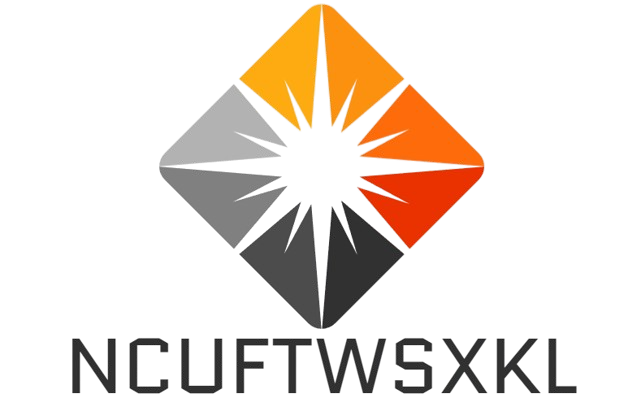The key to getting a great home mortgage is doing the right research first. You need to know the advantages and disadvantages of your different mortgage options to make the right choice. That means you have to take the initiate to learn more. The tips in this article are a great start to getting a great home mortgage plan.
Get your documents ready before you go to a mortgage lender. You should have an idea of the documents they will require, and if you don’t, you can ask ahead of time. Most mortgage lenders will want the same documents, so keep them together in a file folder or a neat stack.
If a 20% down payment is out of your league, do some shopping around. Different banks will have different offers for you to consider. Terms and rates will vary at each, some will give a lower downpayment, but a slightly higher interest rate. Look for the best mix for your current situation.
Before getting a mortgage, study your credit history. Good credit is what can help you get a mortgage. Obtain copies of your credit history and scores from the three major credit-reporting bureaus. Study your reports carefully to ensure that no issues or errors must be resolved before you apply. Many lenders need a minimum score of 680, which complies with Freddie Mac and Fannie Mae’s guidelines. Most lenders want to avoid scores that are lower than 620.
Get a pre-approval letter for your mortgage loan. A pre-approved mortgage loan normally makes the entire process move along more smoothly. It also helps because you know how much you can afford to spend. Your pre-approval letter will also include the interest rate you will be paying so you will have a good idea what your monthly payment will be before you make an offer.
You can apply for a refinanced mortgage, thanks to HARP, even when you are very much under water. A lot of homeowners tried to refinance unsuccessfully until they were introduced to this new program. You may find that it will help your credit situation and give you lower monthly payments.
Don’t make any sudden moves with your credit during your mortgage process. If your mortgage is approved, your credit needs to stay put until closing. After a lender pulls up your credit and says you’re approved, that doesn’t mean it’s a done deal. Many lenders will pull your credit again just before the loan closes. Avoid doing anything that could impact your credit. Don’t close accounts or apply for new credit lines. Be sure to pay your bills on time and don’t finance new cars.
If you are a veteran of the U.S. Armed Forces, you may qualify for a VA morgtage loan. These loans are available to qualified veterens. The advantage of these loans is an easier approval process and a lower than average interest rate. The application process for these loans is not often complicated.
Find out how much your mortgage broker will be making off of the transaction. Many times mortgage broker commissions are negotiable just like real estate agent commissions are negotiable. Get this information and writing and take the time to look over the fee schedule to ensure the items listed are correct.
Consider a mortgage broker for financing. They may not be as simple as your local bank, but they usually have a larger range of available loans. Mortgage brokers often work with numerous lenders. This allows them to personalize your loan to you more readily than a bank or other finance provider.
You should eliminate some of your credit cards prior to buying any home. Having a bunch of them, no matter the debt amount, may make you seem financially irresponsible. In order to get a good interest rate for your mortgage, make sure you don’t have a lot of credit cards.
Many people do not have excellent credit. When you are applying for a mortgage is not the time to find out. Check your credit report before applying for a mortgage. Clear up any issues that you may have with the credit agency. This will help you when it comes time to find a mortgage for your home.
Answer every question on your home mortgage application absolutely honestly. There is no benefit in lying, as all of the information that you provide will be thoroughly examined for accuracy. Additionally, a small fib could easily lead to your denial, so just be honest from the start so that you have the best chances.
Before you even start looking at a new home to buy, try to get pre-approved for a home. This will give you confidence when looking for a new home and let you know what your budget is. It will also save you from choosing a home only to find out you cannot secure a large enough loan to purchase it.
Be sure to gather all your financial documentation and have it ready in a single file before applying for a home mortgage. You will need to have bank statements, tax returns, W2 forms and pay stubs on hand. Some lenders require additional documentation of income and responsibility. Be sure to find out what is needed before applying.
Keep closing costs in mind. You might be focused totally on the excitement of beginning your homeownership. But, you are more than likely going to have to cover a few percentage points of the closing costs of the mortgage in order to secure the deal. Know how this works in your locality and be ready to spend.
One item of documentation for home mortgage application that is often overlooked is a gift letter. If your relatives have chipped in to help you make your down payment, you may need to document your source of income. This really depends on the type of home mortgage you get. Some require this, and others do not. Play it safe by getting a gift letter from anyone who gives you money to help you buy your home. Have this on file with your other documentation.
As stated above, you have to do some research before you decide on a plan for something as important as your home mortgage. Reading the advice in this article was a great start to learning more about home mortgages. Research your options a little more to make sure you are getting the best mortgage possible.



